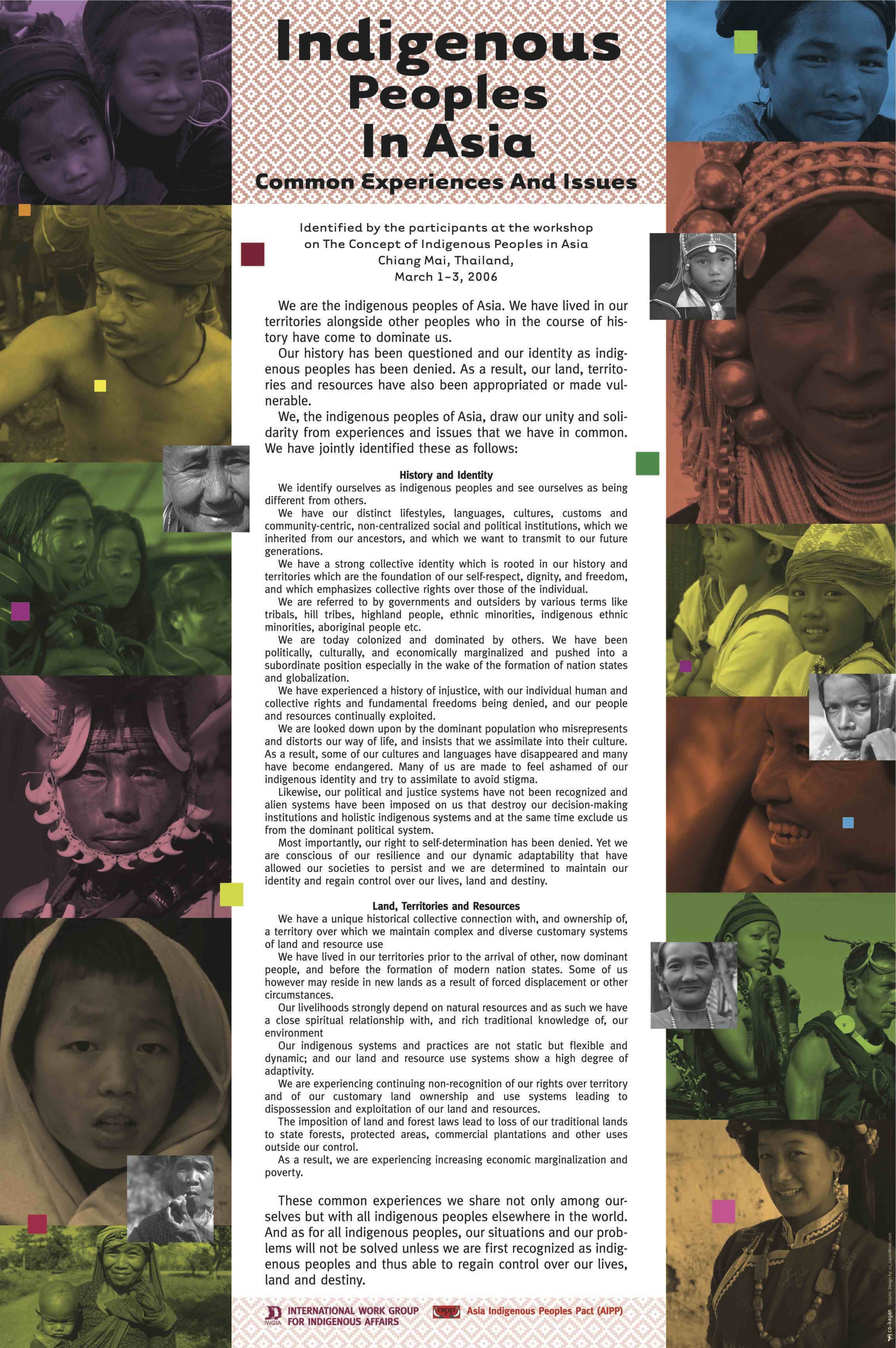Reform State-Owned Forest Enterprise and Ethnic Minority Land Tenure Security in Vietnam
During revolution and national unification, Vietnamese government nationalized agricultural and forest land throughout the country. While agricultural land was de-collectivized in the Doi moi reforms since mid-1980s, the majority of forest and forest land has continued to be managed by state enterprises. For members of Vietnam’s 53 recognized ethnic minority groups, the formation of state-owned forest enterprises (SFEs) has meant the end of customary tenure arrangements, leading to exclusion from traditional lands used for agriculture, hunting, and collection of non-timber forest products.



